Enhance your listening skills for international exams with this advanced listening practice. Hear a report on how climate change impacts farmers and test your comprehension with 10 questions.
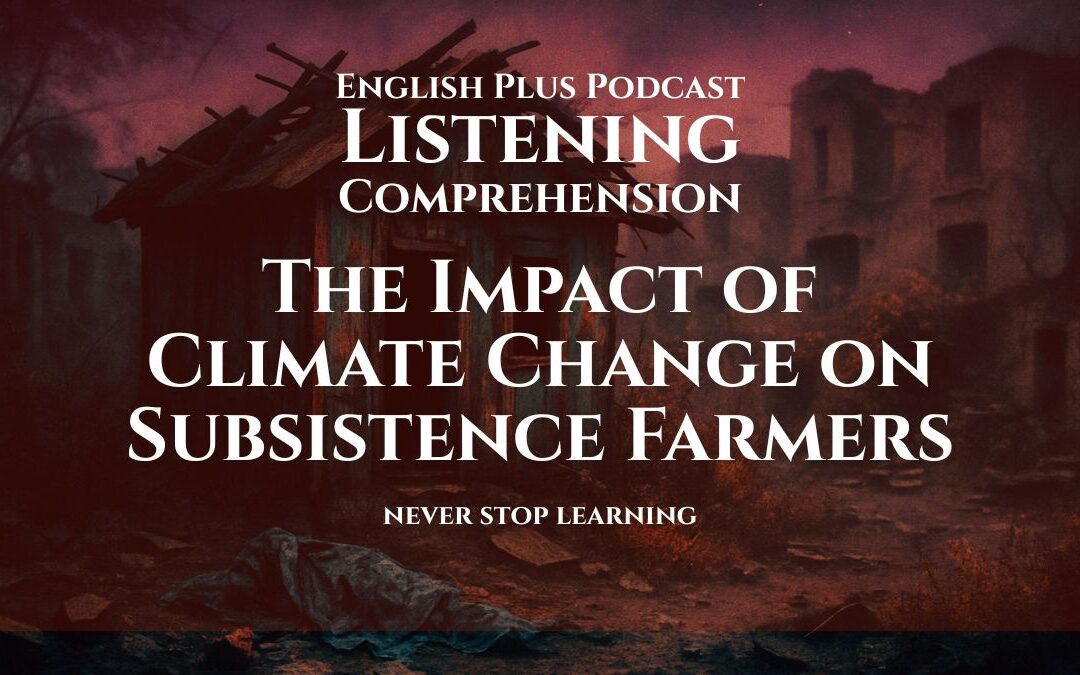

Enhance your listening skills for international exams with this advanced listening practice. Hear a report on how climate change impacts farmers and test your comprehension with 10 questions.
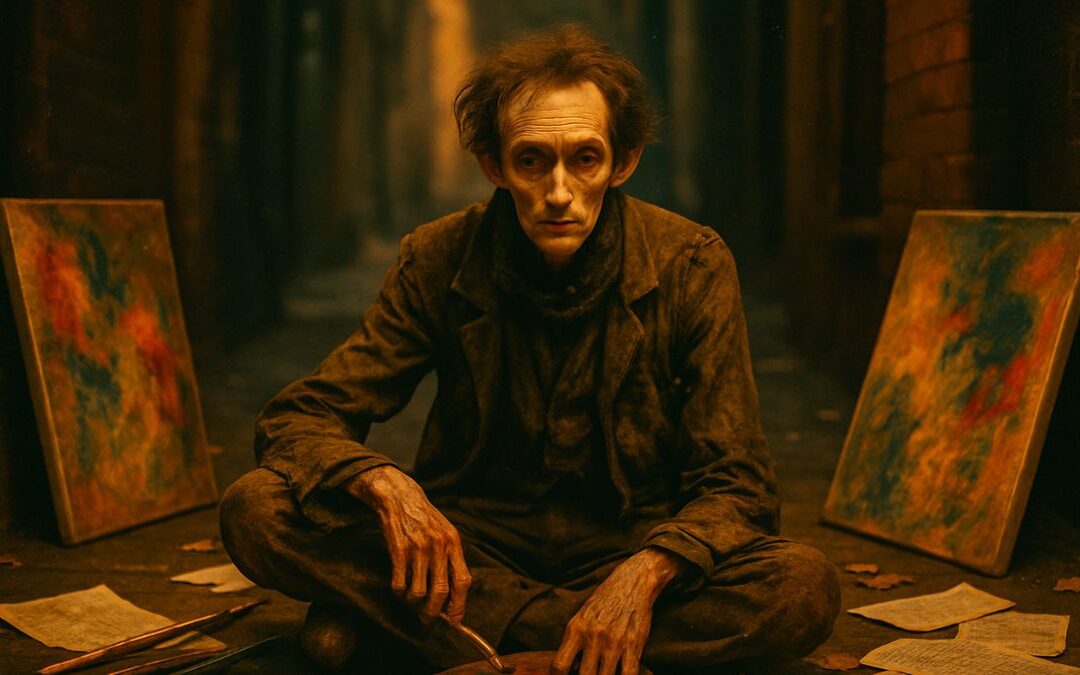
We romanticize the starving artist myth, but is it a creative truth or a convenient lie? This article dismantles the idea that hardship fuels great art, exploring how the cognitive tax of true scarcity can kill inspiration. Discover why a safety net, not suffering, might be the true key to unlocking our world’s greatest creative potential.
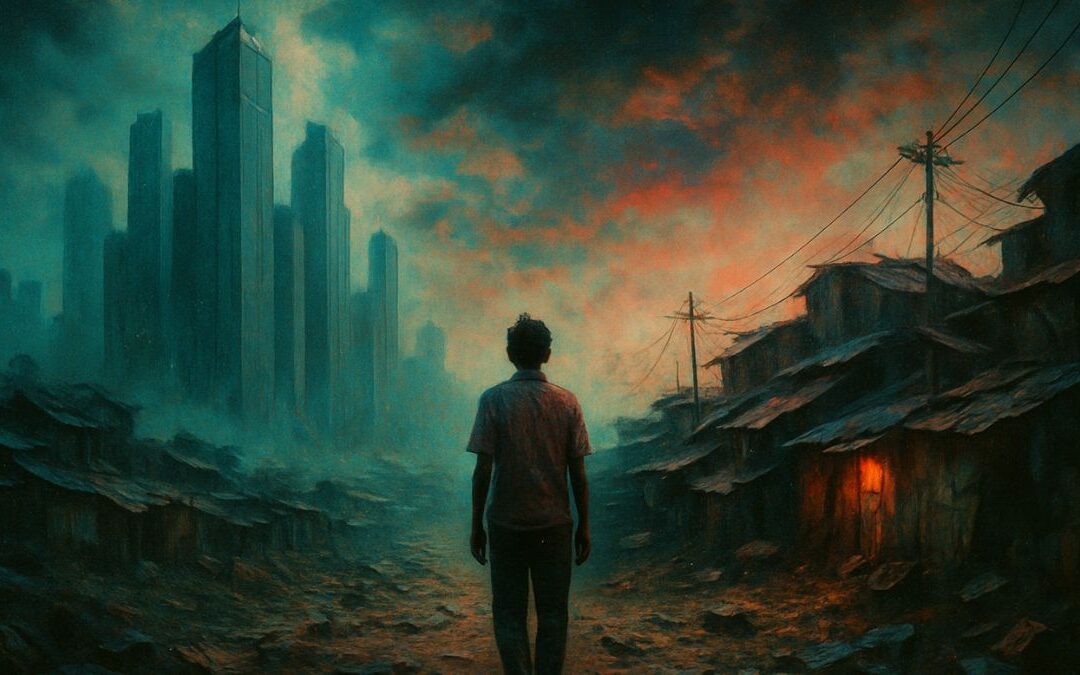
Why do poor countries stay poor? Explore the systemic reasons, from colonialism’s economic legacy and unfair trade rules to debt traps, and discover how the global economy can perpetuate poverty.
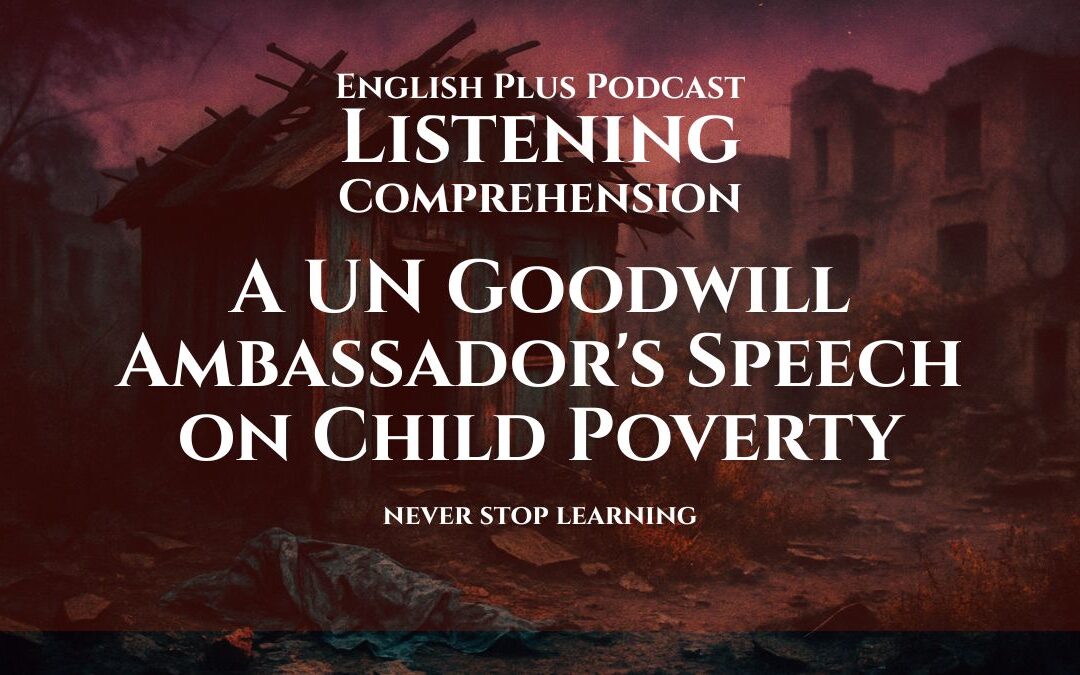
Sharpen your English listening skills for international exams with this advanced practice test. Listen to a powerful speech on child poverty and answer 10 challenging comprehension questions.
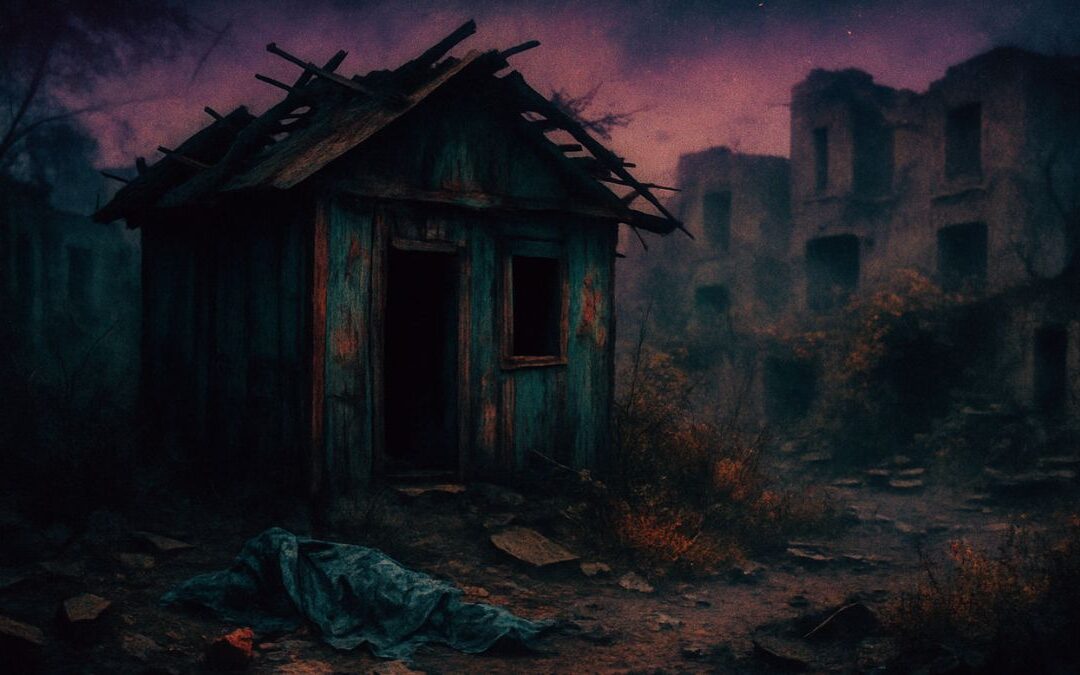
How do words like “handout” versus “lifeline” shape our reality? This article explores the subtle grammar of judgment we use when discussing poverty, revealing how our vocabulary can build invisible walls of stigma. Discover how the connection between language and poverty impacts perception and policy, and ask yourself: if we changed our words, could we change our world?
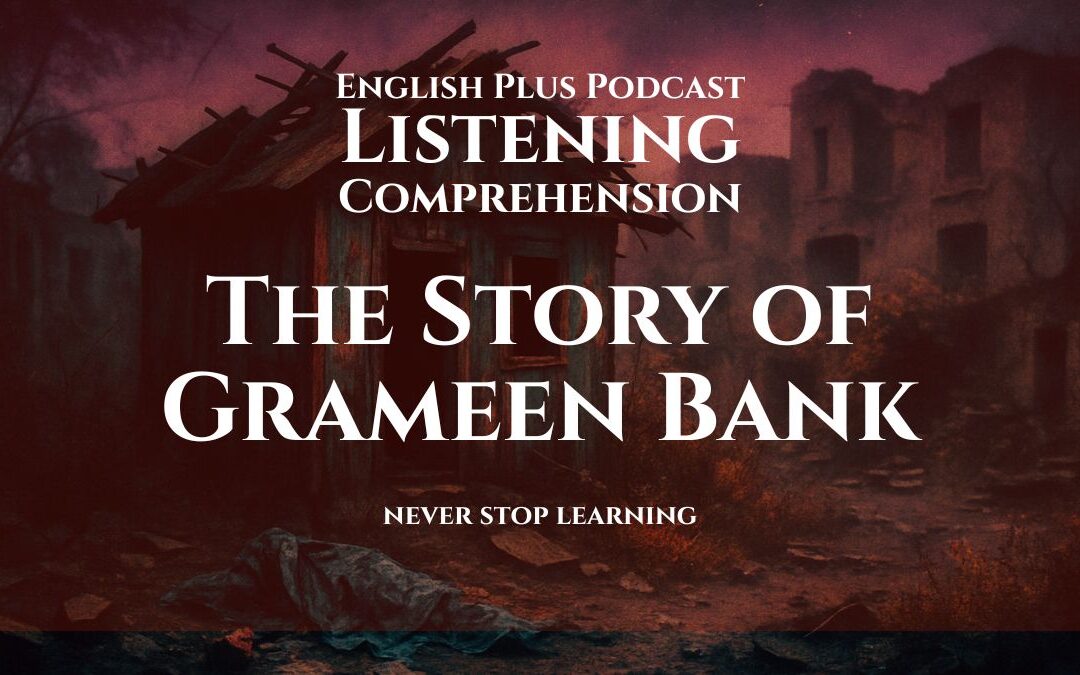
Improve your advanced English listening skills for exams like TOEFL and IELTS with this practice test. Listen to a lecture about Muhammad Yunus and the Grameen Bank, and answer 10 comprehension questions.
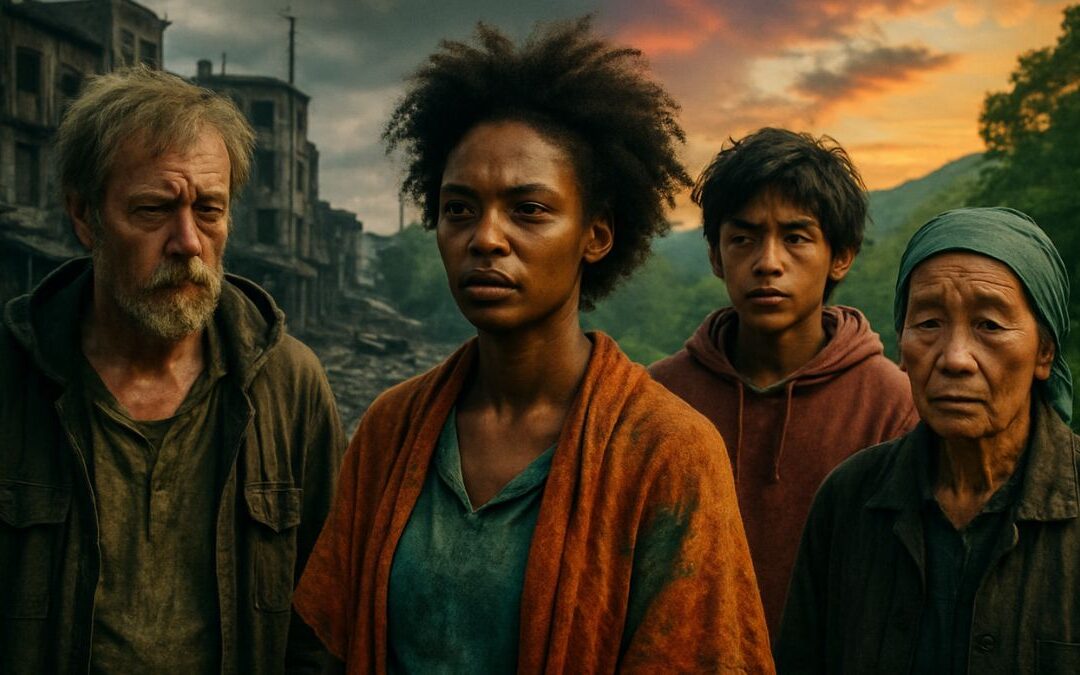
Poverty isn’t just about a lack of money. Explore the concept of multidimensional poverty and discover why access to healthcare, education, and clean water reveals the true reality of global inequality.

Explore how the decline of critical thinking fuels political polarization and social media echo chambers. Discover how intellectual humility and good-faith arguments can help heal our divisions and strengthen democracy.
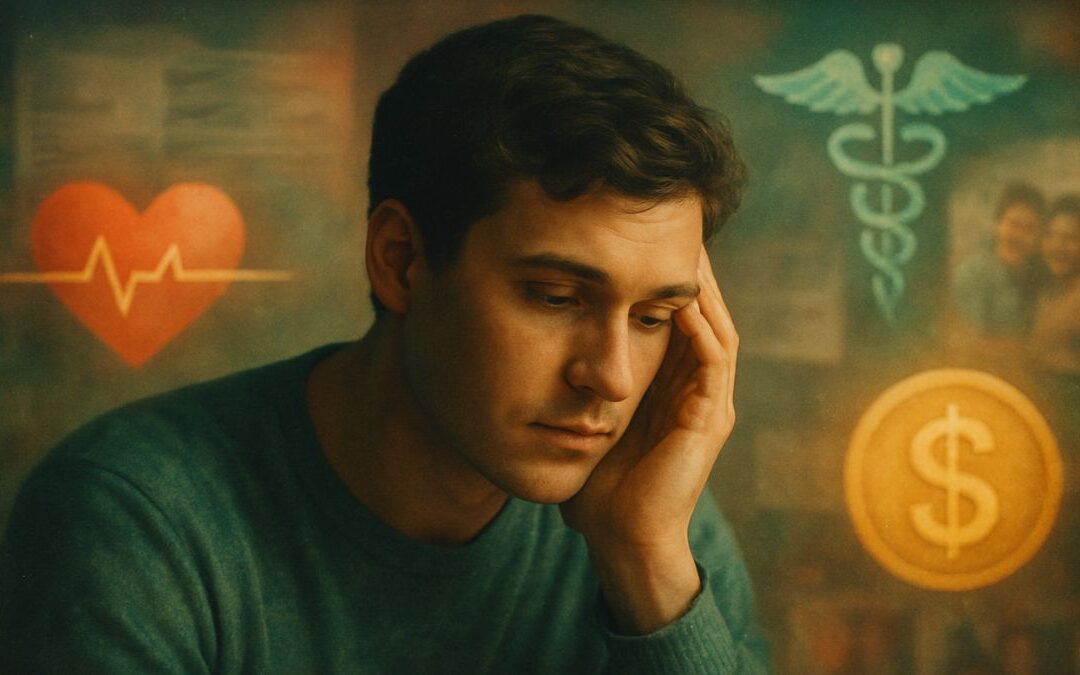
Take critical thinking out of the abstract and into your daily life. Learn to evaluate wellness fads, avoid financial biases, and use self-reflection to improve your health, wealth, and happiness.

In an age of AI and automation, critical thinking is the top skill employers need. Learn how it drives innovation and leadership, and get practical tips to showcase it on your resume and in job interviews.

Trauma doesn’t just damage us; it can transform us. Explore the psychology of Post-Traumatic Growth (PTG), the art of “Kintsugi,” and why bouncing forward is better than bouncing back.
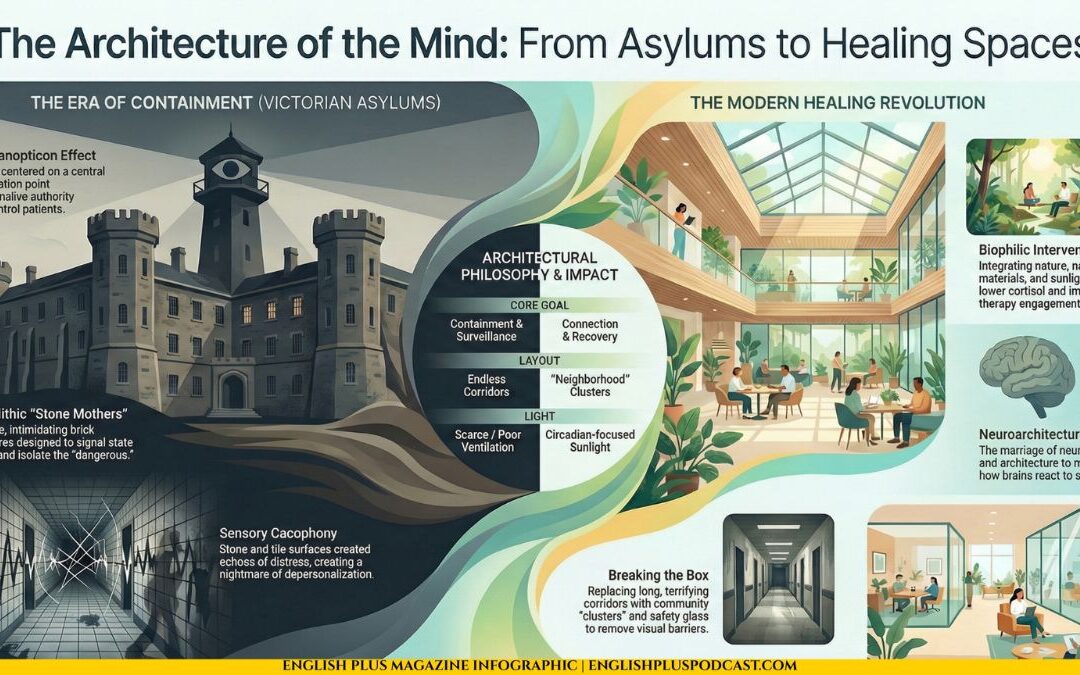
Do buildings make us sick? We explore the shift from Victorian asylums to biophilic design and how urban architecture fuels the modern anxiety epidemic.
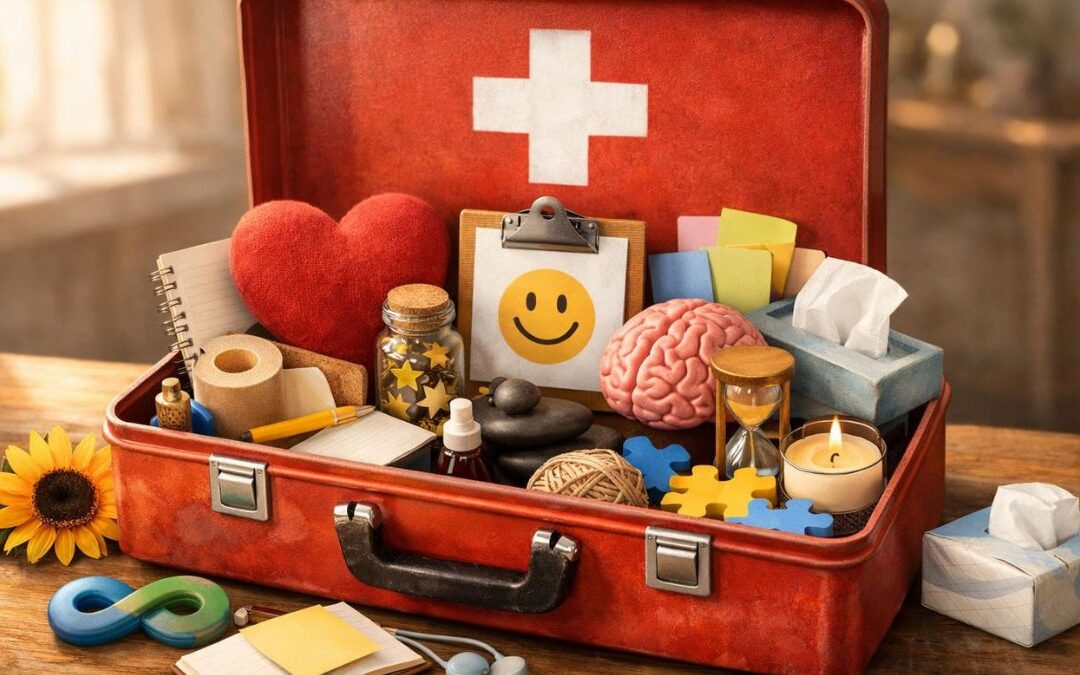
Stop letting small emotional cuts get infected. Learn actionable strategies to halt rumination, treat rejection, and distinguish productive planning from toxic spiraling.
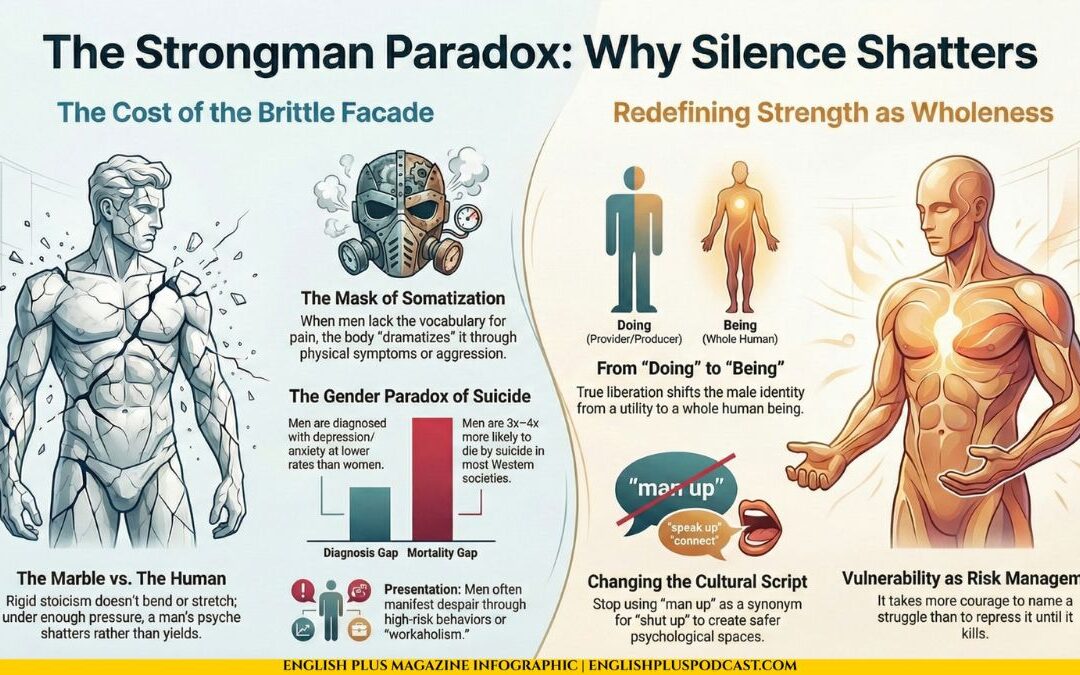
Why are men less likely to seek help? We explore the sociology of male silence, the “Strongman” paradox, and the truth behind the mid-life crisis.

Are AI girlfriends the cure for loneliness or the end of human intimacy? We explore the sociology of dating machines, the “Hikikomori” effect, and the redefining of infidelity.

Can AI bring the dead back to life? We explore the ethics of “Thanabots,” the psychology of stalled mourning, and the digital afterlife. Is talking to a digital ghost healing or haunting?